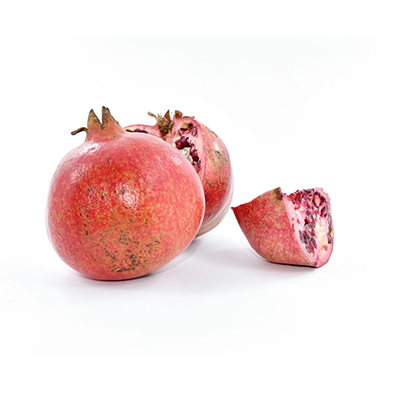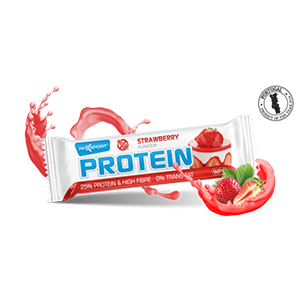Στην Ελλάδα καλλιεργούνται διάφορες ποικιλίες ροδιού αλλά τα πιο γλυκά και κατάλληλα για φαγητό είναι η ποικιλία Ερμιόνης.
Το κατακόκκινο ρόδι είναι κάτι παραπάνω από ένα φρούτο, θα μπορούσε εύκολα να χαρακτηριστεί και ως «υπερτροφή». Ένα μεσαίου μεγέθους ρόδι δίνει περίπου ¾ του φλιτζανιού σπόρους και μας παρέχει γύρω στις 100 θερμίδες. Ένα ρόδι καλύπτει σχεδόν το 50% των ημερήσιων αναγκών μας σε βιταμίνη C, ενώ παράλληλα είναι πολύ πλούσιο σε κάλιο, βιταμίνη Κ και φυλλικό οξύ. Επιπρόσθετα, το ρόδι είναι πλούσιο σε φυτικές ίνες, με αποτέλεσμα να βοηθά στην καταπολέμηση της δυσκοιλιότητας.
https://www.onmed.gr/diatrofi/story/349236/rodi-h-monadiki-threptiki-toy-axia-kai-oi-xexoristes-toy-idiotites
Pomegranates are round fruits with hard, shiny red-yellow skins. Split one open to reveal the jewel-like inner seeds, known as arils, which can be eaten raw or juiced.
When choosing a pomegranate, look for those with unblemished, shiny skins and which feel heavy for their size, as these are often the juiciest.
Nutritional benefits of pomegranates
Pomegranates are a good source of fibre as well as vitamins A, C, some B vitamins and minerals such as calcium, potassium and iron.
Two compounds in pomegranates – punicalagins and punicic acid – are responsible for most of the health benefits of pomegranate. Pomegranates also have antioxidant activity three times higher than that of red wine and green tea.
https://www.bbcgoodfood.com/howto/guide/health-benefits-pomegranate





